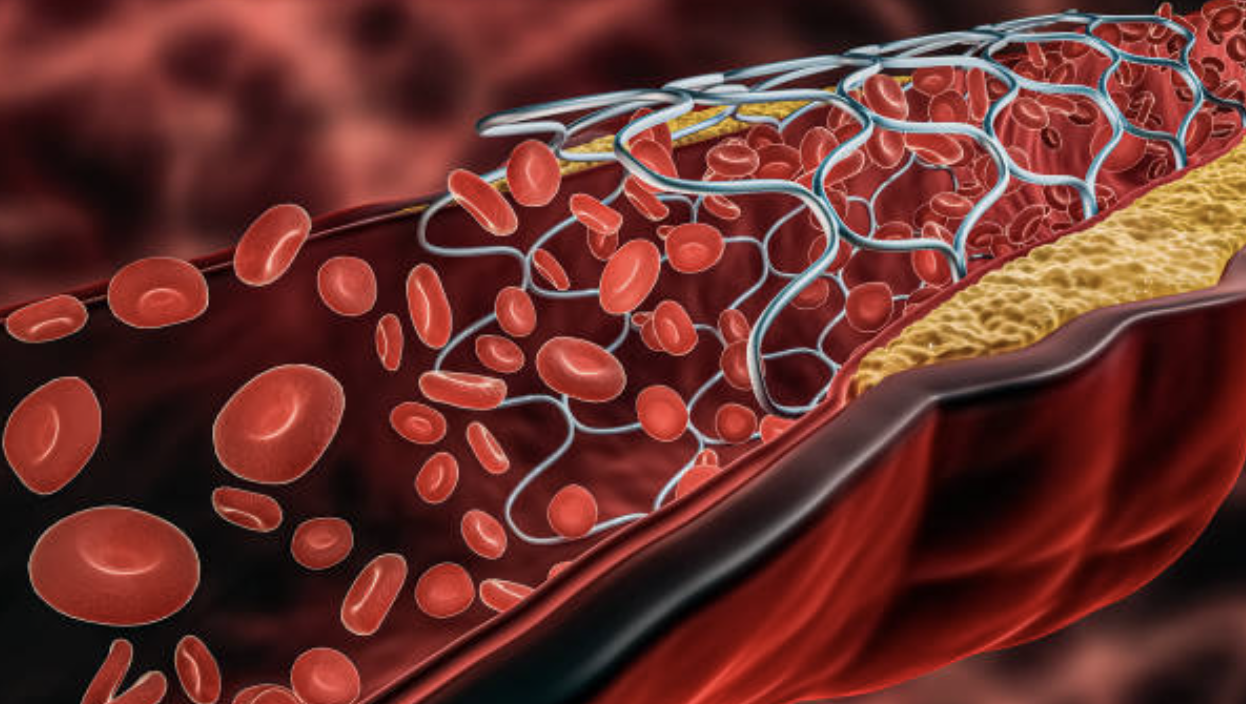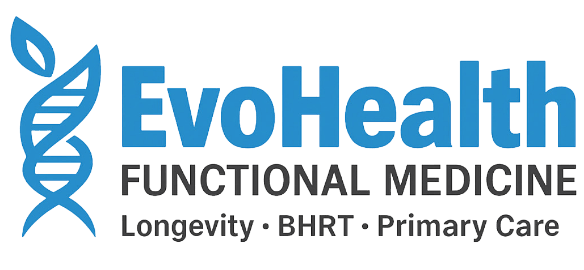
Is Cholesterol Still a Big Health Concern? What You Should Know
Cholesterol has been a buzzword in the world of health for decades. For many years, doctors and experts have warned us about the dangers of high cholesterol levels, linking it to heart disease and a whole host of other health problems. However, fewer doctors are talking about cholesterol these days. Is it still a significant issue, and what should people know about it now?
The short answer is yes. Cholesterol remains a significant health concern, but our understanding of it has evolved with time. In this article, we’re going to discuss some of the current perceptions of cholesterol and explain why it’s still important to be mindful of our cholesterol levels.
Understanding Cholesterol
Let’s first clarify what cholesterol is. Cholesterol is a waxy, fat-like substance found in the body’s cells. We get cholesterol from the foods we eat. It plays a crucial role in building cell membranes and hormones. When levels become too high, cholesterol can accumulate in your arteries and lead to atherosclerosis, a condition characterized by the hardening and narrowing of arteries.
High levels of low-density lipoprotein (LDL) cholesterol, often called “bad” cholesterol, can increase the risks of heart disease and stroke. On the other hand, high-density lipoprotein (HDL) cholesterol, often called “good” cholesterol, helps remove LDL cholesterol from the bloodstream, reducing the risk.
Why Fewer Doctors Discuss Cholesterol
One reason you’ve been hearing less about cholesterol from your healthcare provider is that our understanding of heart disease and its risk factors has expanded. Instead of solely focusing on cholesterol levels, doctors now consider a broader range of factors, including lifestyle choices, genetics, inflammation, and blood pressure.
In addition, the development of more effective cholesterol-lowering medications, such as statins, has allowed doctors to manage cholesterol more efficiently without necessarily emphasizing it in every conversation. However, this doesn’t mean cholesterol is no longer relevant.
Cholesterol and Lifestyle Choices
Your lifestyle choices are crucial for managing cholesterol levels and overall heart health. Maintaining a balanced diet of healthy fats, fruits, vegetables, and whole grains can help keep cholesterol in check. Regular exercise and avoiding smoking are also essential for reducing the risk of heart disease.
Individual Variation
It’s important to note that cholesterol management is not one-size-fits-all. Genetics plays a significant role in cholesterol levels, and some people may have a genetic predisposition to high cholesterol despite living a healthy lifestyle. In these situations, medication might still be necessary to control cholesterol levels effectively.
Regular Monitoring
Regardless of whether cholesterol is a primary topic of discussion during your medical appointments, regularly monitoring your cholesterol levels is essential. It provides valuable insights into your heart health and can help identify potential issues early on. Your doctor can recommend how often you should have your cholesterol levels checked based on your risk factors and medical history.
Cholesterol Still Deserves Our Attention
Over time, the medical community’s opinion about cholesterol has changed. While it might not be in the spotlight as often, cholesterol still deserves our attention when it comes to safeguarding our long-term health and remains a critical factor in heart disease prevention.
Today’s approach to managing cholesterol has become more nuanced, considering risk factors such as genetics and lifestyle. However, patients still need to maintain a heart-healthy lifestyle, get regular check-ups, and work with their healthcare providers to manage their cholesterol levels effectively.
